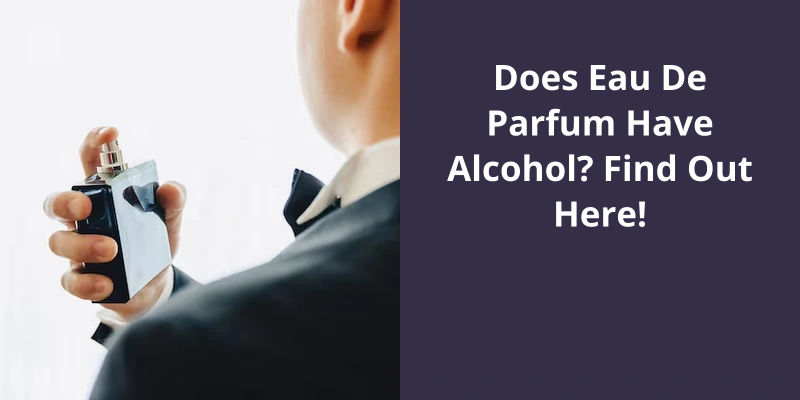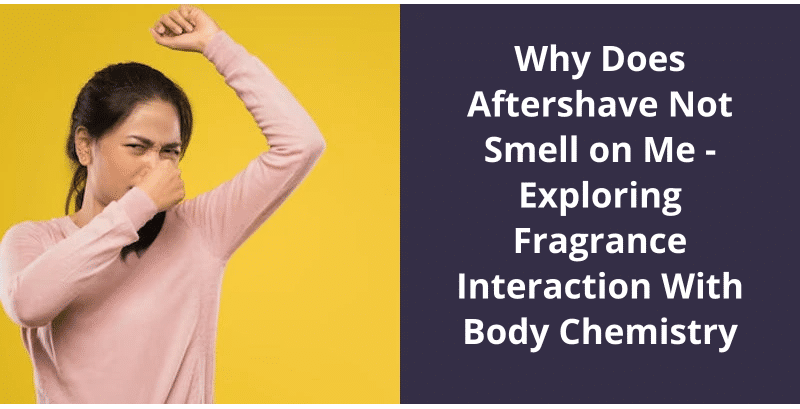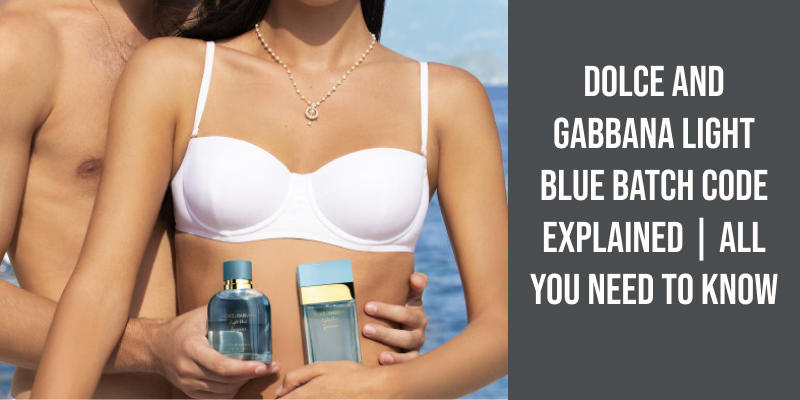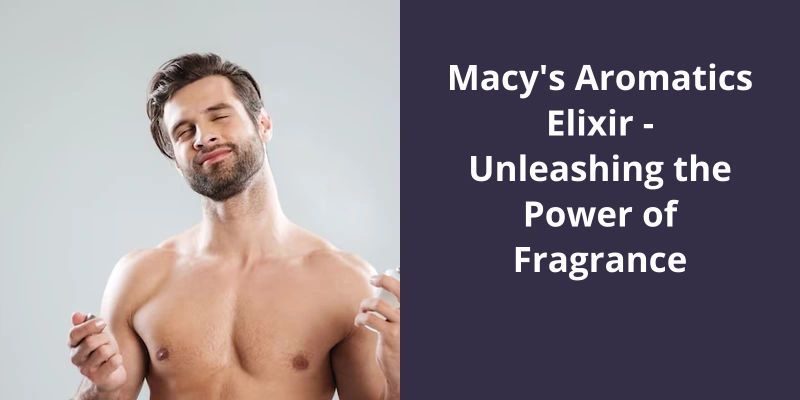Yes, Eau De Parfum does contain alcohol. It’s a common ingredient in many fragrances, including Eau De Parfum. The alcohol serves as a solvent, which helps to distribute and evaporate the perfume on your skin. It allows the perfume to be sprayed on the skin and helps to spread the fragrance. Most Eau De Parfums contain about 10-20% perfume oils mixed with alcohol and a trace of water, making it less concentrated than pure perfume but stronger and longer-lasting than Eau De Toilette and Eau De Cologne.

Is Eau De Parfum Alcohol-Based?
Eau de Parfum is a type of fragrance that you can wear on your skin to add a personal touch of scent to your style. Unlike cologne or perfume oil, Eau de Parfum uses alcohol as a carrier instead of Jojoba. This alcohol-based formula allows the scent to evaporate quickly after applying and create a long-lasting effect that can stay on your skin for hours.
The use of alcohol as a carrier also makes it easier for the scent to spread out and cover a larger area on the skin. This is why you only need a small amount of Eau de Parfum to create a noticeable aroma on your skin. Another benefit of alcohol-based Eau de Parfum is that it can be used as a room spray or even as a hair mist, giving you a versatile way to add fragrance to your surroundings.
The alcohol used in Eau de Parfum is usually either ethanol or isopropyl, which makes it safe and non-toxic for application. Despite the presence of alcohol, Eau de Parfum isn’t drying to the skin and leaves a silky, smooth finish on contact. It also doesn’t stain clothing or leave any residue, making it a more convenient way to wear fragrance on the go.
It’s a versatile option that can be worn day or night and adds a beautiful, personal touch to any style.
The Difference Between Eau De Parfum and Other Fragrances, Such as Cologne and Perfume Oil
Eau de Parfum is a type of fragrance that’s a higher concentration of perfume oil than cologne but a lower concentration than pure perfume oil. Cologne has a lower concentration of perfume oil than both Eau de Parfum and pure perfume oil. Pure perfume oil has the highest concentration of perfume oil and can be the most long-lasting.
Now that we know how much of eau de parfum is made up of aromatic compounds, let’s delve deeper into what these compounds are and how they affect the scent of the perfume.
What Is Eau De Parfum Made Of?
These perfume oils can come from various sources, including natural essential oils derived from plants, as well as synthetic fragrances created in a lab. The quality and composition of the oils used can greatly impact the scent and longevity of the fragrance.
In addition to perfume oils and alcohol, Eau de Parfum may also contain other ingredients such as water, fixatives, and emulsifiers to help blend the ingredients together and ensure the scent lasts on the skin. Fixatives are used to slow down the evaporation process while emulsifiers are used to help oil-based ingredients mix with water-based ingredients.
The scent of Eau de Parfum can also be influenced by the base notes, middle notes, and top notes. Base notes are typically the strongest and longest lasting, while top notes are the initial burst of fragrance that quickly evaporate. Middle notes, also known as heart notes, are the fragrances that emerge as the top notes evaporate and last for several hours.
Eau de Parfum is often considered a higher quality and longer lasting fragrance option compared to Eau de Toilette, which typically contains 5-15% aromatic compounds. However, the longevity and intensity of the fragrance can also be impacted by factors such as the wearers skin chemistry and the environment they’re in.
Understanding the level of alcohol present in your fragrance is crucial, especially for those with sensitive skin. Parfum, a fragrance classification known for it’s long-lasting scent, is formulated with a low alcohol composition compared to other types. But what exactly is parfum alcohol level, and how does it affect the quality of the fragrance? Read on to find out more.
What Is Parfum Alcohol Level?
Parfum is one of the strongest and most long-lasting forms of fragrances available. The high concentration of essential oils and fragrance compounds means that it can linger on the skin for many hours after application. However, this also means that it requires a careful balance of ingredients, particularly when it comes to the alcohol content.
The alcohol level in a parfum is an essential component. It’s added to help dilute the high concentration of essential oils and other fragrance ingredients to create the right balance for the skin. However, the alcohol composition of a parfum is very low compared to other types of fragrances because of the high concentration of essential oils. The alcohol content typically ranges between 70% to 80%, which is much lower than other perfumes, eau de toilettes, and colognes.
The low alcohol content in parfum makes it the best choice for people with sensitive skin. Alcohol can be harsh and irritating on delicate skin, and higher concentrations can cause dryness and flakiness.
The low alcohol content makes it gentle on the skin, perfect for people with sensitive skin.
Source: Eau de toilette
When it comes to selecting the right fragrance, understanding the difference between various types can make all the difference. While eau de parfum is a popular choice for many, pure parfum offers a more potent scent experience. But with so many options available, making the right choice can be challenging.
What Is the Difference Between Pure Parfum and Eau De Parfum?
This means that perfume is much stronger and more long-lasting than eau de parfum. Typically, a little goes a long way when it comes to perfume, and it can last for hours and even days without needing a touch-up. Due to it’s high concentration level, perfume tends to be more expensive than the other types of fragrances on the market.
Some may wonder if there’s a difference in scent between the two types of fragrances. While both eau de parfum and perfume may come in the same scent, the concentration levels do affect the aroma. The higher concentration of perfume oil in pure parfum can intensify the notes of the scent, making it smell richer and fuller.
Pure parfum is often associated with luxury and elegance, as it’s one of the most expensive types of fragrances on the market. This is due to the high concentration of perfume oil and essential oils in the fragrance. As such, pure parfum is often sold in smaller bottles or as a roll-on, as a little goes a long way.
When it comes to choosing between pure parfum and eau de parfum, it ultimately depends on the individuals preference and needs. If youre looking for a subtle fragrance for daily wear, eau de parfum may be the perfect choice. However, if youre seeking a robust and long-lasting fragrance for special occasions, pure parfum may be the way to go.
While eau de parfum can last for hours, pure parfum is even stronger and more long-lasting.
What Are the Different Types of Fragrance Concentrations Available in the Market?
There are various fragrance concentrations available in the market, ranging from higher to lower concentrations of perfume oils. These include Eau de Parfum, Eau de Toilette, Eau de Cologne, and Eau Fraiche.
Understanding the composition and differences between perfume and eau de parfum is important when choosing a fragrance. While perfume contains a higher concentration of essential oils and fragrance, eau de parfum is a slightly lighter option that still delivers a lasting scent. But is parfum an oil? Read on to find out more.
Is Parfum an Oil?
This concentration of oil gives EDP a slightly lighter scent and a shorter lifespan on the skin, generally lasting around 4-6 hours. Eau de toilette (EDT) has a concentration of around 5-15% essential and/or fragrance oil, making it a popular choice for daily wear. EDT is less expensive than EDP and has a lighter scent that lasts around 2-4 hours.
Perfumes and their various concentrations are made up of a mixture of essential oils, synthetic fragrances, and alcohol. The essential oils used in perfumes are extracted from flowers, fruits, and plants through a process of steam distillation or solvent extraction. These oils are highly concentrated and require dilution with alcohol or carrier oils to be used in perfumes. The synthetic fragrances used in perfumes are created through scientific methods and can mimic the scents of natural ingredients as well as create unique scents.
Parfum isn’t an oil in and of itself, but rather a term used to describe a type of perfume with the highest concentration of essential and/or fragrance oils. Parfum typically contains 20-30% essential and/or fragrance oils, making it the most long-lasting and expensive option.
The longevity and intensity of a perfume can also depend on the individuals skin chemistry and the environment they’re in. It’s important to try a perfume on your own skin before purchasing to ensure that it reacts well with your body chemistry and that you enjoy the scent.
Overall, while parfum may be the most concentrated form of perfume, there are many other options available with varying concentrations and price points. The different forms of perfume can be used for different occasions and preferences, and it’s important to find the one that works best for you. Whether you prefer a long-lasting and intense scent or a lighter, more versatile option, there’s a perfume out there for everyone.
Perfume Ingredients to Avoid for Sensitive Skin or Allergies
- Fragrances
- Alcohol
- Essential oils
- Menthol
- Eucalyptus oil
- Camphor
- Cinnamon
- Benzyl alcohol
- Citrus oils
- Linalool
- Limonene
- Glycolic acid
- Sodium lauryl sulfate
- Triclosan
- Propylene glycol
Understanding the components of your perfumes and fragrances can be important for those with sensitive skin or allergies. One common question that many people have is whether or not perfume contains alcohol. The answer is that most perfumes do contain alcohol, but there are also alcohol-free options available for those who prefer them. In this article, we’ll explore the role of alcohol in perfumes, the potential effects it can have on the skin, and what alternatives are available.
Does Parfum Contain Alcohol?
This alcohol content is usually denatured ethanol or ethyl alcohol, which is considered safe for use in cosmetic products. However, some people with sensitive skin or allergies may experience irritation or allergic reactions when using perfumes containing alcohol.
Alcohol helps to evaporate the perfume oils when applied to the skin, which releases the fragrance into the air. However, this also means that the scent may not last as long as it would without alcohol, and it may be more easily affected by sweat or other environmental factors.
It may also be possible to find natural or organic perfumes that don’t contain any synthetic fragrances or alcohol, but these may have a different scent profile than conventional perfumes.
How Does Alcohol Affect the Scent of a Perfume?
- Alcohol is one of the main ingredients in most perfumes.
- It’s used as a solvent to help dissolve and blend the various fragrance oils and other ingredients together.
- The alcohol in a perfume can affect the scent in several ways:
- It can help to release the top notes of a fragrance and create an initial burst of scent when the perfume is first applied.
- It can also help to preserve the fragrance and prevent it from spoiling over time.
- However, if too much alcohol is used, it can overpower the scent of the fragrance and make it smell synthetic or harsh.
- Overall, the amount and type of alcohol used in a perfume can have a significant impact on it’s scent and longevity.
Conclusion
Despite their high alcohol content, these fragrances offer a strong and long-lasting hold, making them a favorite among perfume enthusiasts. Overall, it's important to note that eau de parfum is a fantastic choice for those who’re looking for a fragrance that’s potent and long-lasting, but also willing to pay a higher price for the quality.





